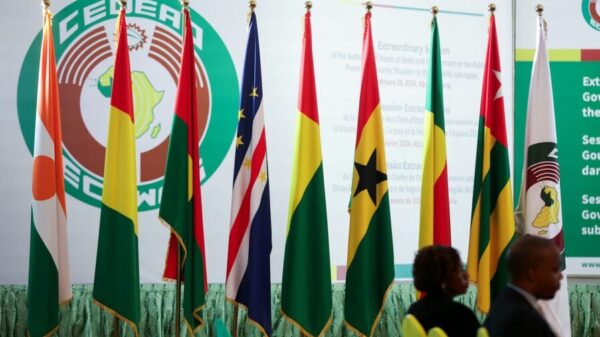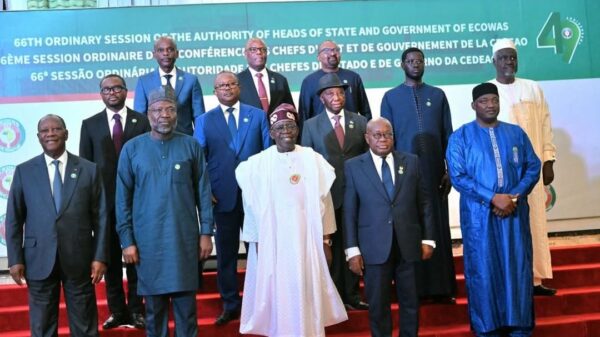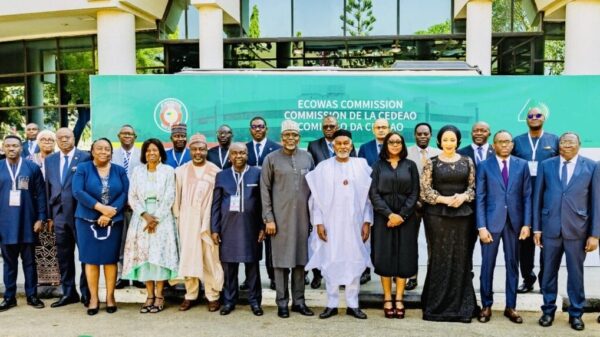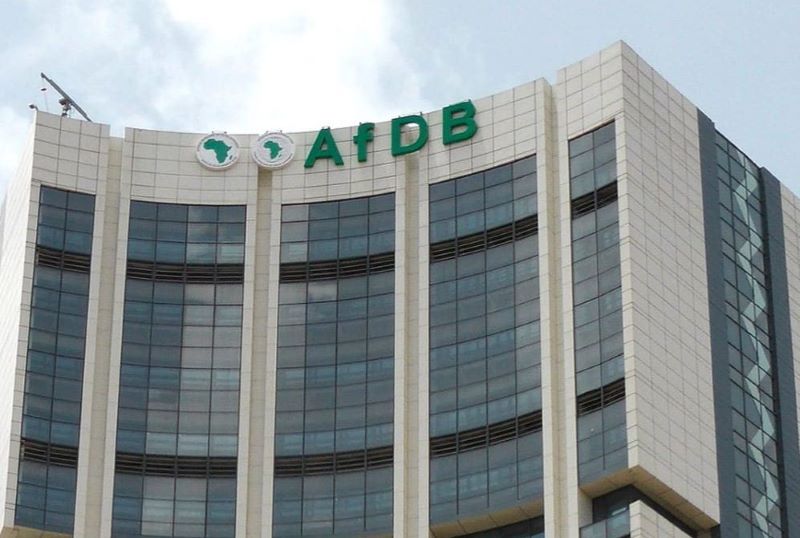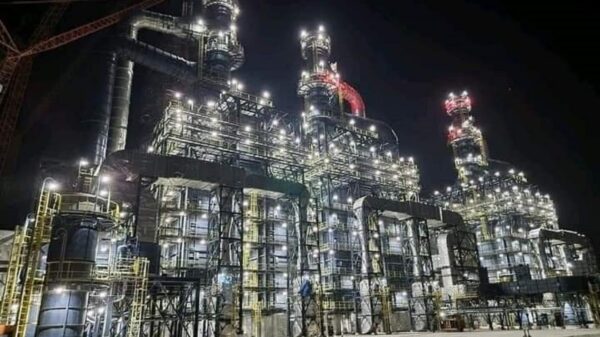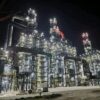The African Development Bank (AfDB), has called for urgent structural reforms to tackle Africa’s deepening economic challenges that include currency depreciation, rising inflation and an escalating import bill.
Its Vice-President for Economic Governance and Knowledge Management, Prof. Kevin Urama, said global and local factors contribute to the continent’s economic struggles.
Urama said Africa’s currencies, including those of Nigeria, had depreciated sharply against the U.S. dollar in recent years, creating economic instability.
He identified global geopolitical conflicts such as the war in Ukraine-Russia and the Israel-Hamas conflict, as major drivers of the continent’s inflationary pressures, particularly in food and energy sectors.
Urama said that those external factors were compounded by Africa’s limited capacity to produce key goods domestically.
“Over the past three to five years, Africa has faced continuous currency devaluation due to structural challenges.
“Global disruptions in food and energy supply chains, coupled with our reliance on imports, have made it difficult to stabilise our economies.
“As countries dip into their foreign reserves to meet import demands, it weakens their ability to implement effective monetary policies to stabilise their currencies,” he said.
The professor warned that decisions by some governments to raise interest rates to address inflation in their nations could have unintended consequences.
“Raising interest rates may help curb inflation, but if they go too high, Small and Medium Enterprises will struggle to access finance which, in turn, harms productivity and economic growth.
“The reduced productivity leads to fewer domestic goods, which keeps prices high and further erodes living standards,”he said.
Addressing the long-term challenges, Urama called for a comprehensive overhaul of Africa’s economic policies, especially in sectors like agriculture and energy.
He said : “Africa has enormous untapped potentials in renewable energy where 60 per cent of the world’s technical potential lies.
“Similarly, more than 65 per cent of the world’s remaining arable land is in Africa.
We need to shift focus to developing these resources domestically to reduce our dependency on imports and improve our economic stability.”
The AfDB vice-president said Africa’s rapidly growing youth population, accounting for more than 40 per cent of the global youth demography, could be a key driver of future innovation and productivity.
According to him, this can only be made possible if they are provided with the right support and opportunities.







